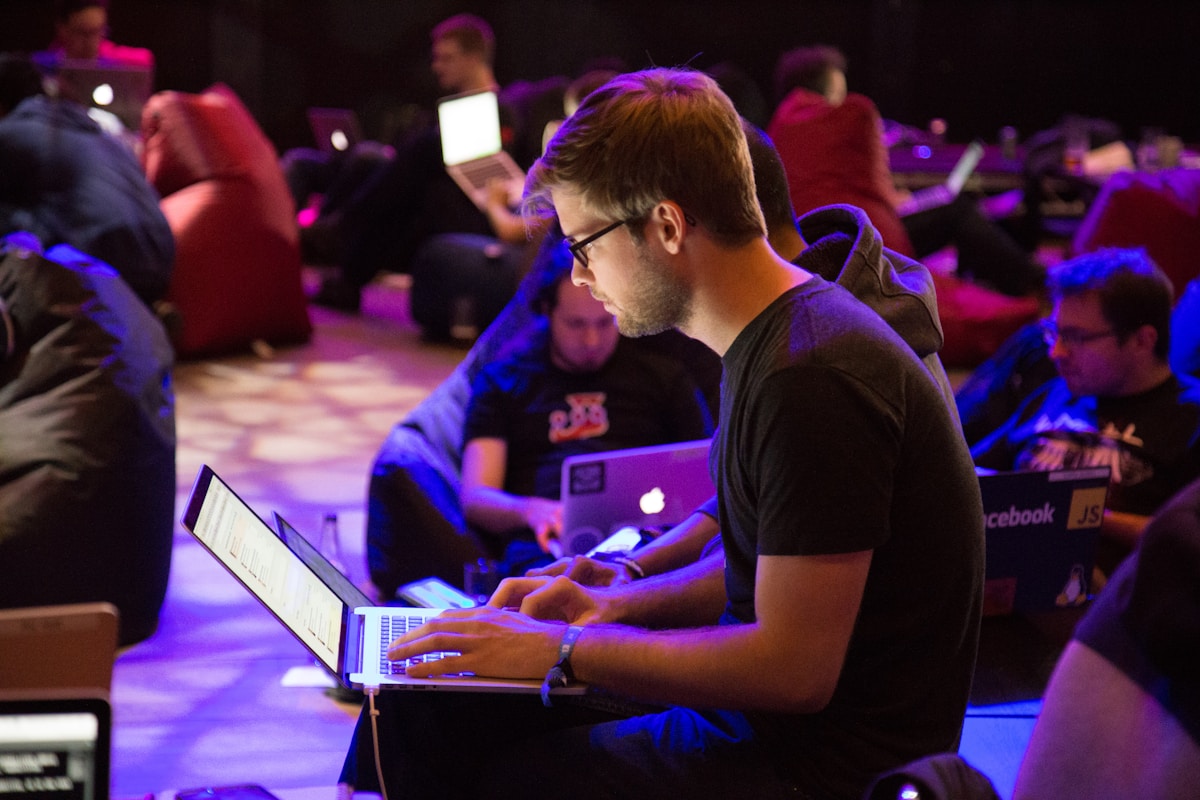
- …
- …
INTRODUCTION
THE EVOLUTION OF ARTIFICIAL INTELLIGENCE (AI)
Over recent years discussion around Artificial Intelligence (AI) and its impact on society has grown in importance. During the 19th century, AI was mainly introduced to the world through science fiction with stories about computers with human-like intelligence, as in Samuel Butler’s 1872 novel, ‘Erewhon’, and Frank Baum’s mechanical character, ‘Tik Tok’ in his 1907 ‘Ozma of Oz’ novel. The notion of robotic artificial intelligence was explored by a range of mathematicians and scientists in the second half of the 20th century, one of which was Alan Turing, British mathematician and World Ward II code breaker. His concept explored the idea that machines should be able to make decisions and solve problems, just like humans can, as detailed in his ‘Computing Machinery and Intelligence’ paper (A.M Turing: Computing Machinery and Intelligence). This theory as well as further research, set the wheels in motion for building and testing ‘intelligent machinery’.

"Generative artificial Intelligence is transforming our daily lives, skillsets and behaviours. The rise of it in the workplace and the potential to create new employment opportunities, and significantly improve business delivery, will only continue to increase. Our workplace artificial intelligence trends report explores this further, having surveyed thousands of businesses and clients we’ve gathered data on key impacts and future predictions for the workplace. I hope you find these insights informative and helpful for future innovation, talent acquisition and workforce retention.”
Matt Green, Founder and CEO of IDEX Consulting

What was once a blue-sky theory for many people, has now become a plausible reality with AI impacting the way we work, live and communicate with each other. From voice recognition to Google search predictions, to chatbots and digital assistants, which all have machine learning algorithms that enable them to respond in real-time, AI is affecting our decisions and interactions every day. It’s fair to say that we might be a fair few years away from living with robots, but with the exponential growth of technology, changes and enhancements to daily life will only continue to grow. 356 AI experts consulted in a survey conducted by Katja Grace, researcher at the Machine Intelligence Research Institute, said that human-level Artificial Intelligence will exist by 2061.
In the survey, “Human-level AI was defined as unaided machines being able to accomplish every task better and more cheaply than human workers” (World Economic Forum: Here’s how experts see AI developing over the coming years).
The debate around whether AI has the potential to fully replace human workers continues. A recent Goldman Sachs report noted, “a new wave of AI systems may…have a major impact on employment markets around the world. Shifts in workflows triggered by these advances could expose the equivalent of 300 million full-time jobs to automation” (Goldman Sachs: Generative AI could raise global GDP by 7%).
However, that’s not to say that there isn’t the potential for AI to create a vast amount of jobs, in fact a World Economic Forum study estimated that around “97 million new jobs will be created by 2025 due to AI” (The future of work: AI will create 97 million jobs, but workers don’t have the skills required (yet).
IDEX Consulting were keen to explore this topic further in our 2023 Artificial Intelligence workplace trends report, which provides new insight and data on how technology is impacting UK employment and business innovation. As part of our research, we surveyed over 2,000 businesses and professionals to understand; how they are adopting AI, what roles have been removed or created, and the skills required for the future. Interviews with employers, as well as internal consultations with IDEX employees and leaders, were also conducted to provide first-hand accounts and opinion.
Recommendations on how businesses may want to use these findings to inform their strategy and hiring practices, based on the skills professionals will need in an AI powered future, can be found at the end of this report.
We hope you find this study, and the data and commentary within it, useful. If you have any questions about the content or research, please contact IDEX Consulting at: contact@idexconsulting.com.
EMPLOYER KEY FINDINGS
82%
of businesses have adopted AI to improve processes and ways of working
73%
of businesses have made staff cuts as a result of AI
75%
of insurance businesses have made staff cuts due to AI compared to 40% of businesses in Financial Services
61%
of employers have experienced an increase in revenue due to AI
44%
of employers think AI will severely affect their industry over the next three years
45%
of employers think AI will lead to new roles and improve employment over the next five years
Innovation
Legal businesses have said the deployment of AI has led to a significant increase in innovation
75%
Nearly three quarters of all employers said new roles have been created as a result of AI
New roles
Artificial Intelligence Architect is the most in-demand role across insurance, FS and Legal
50%
of businesses said they're applying AI to automate data management tasks
EMPLOYEE KEY FINDINGS
91%
of professionals think the introduction of new technologies is important
3/5
Over three fifths of professionals said there has been redundancies/role changes as a result of AI
82%
of people want to develop their knowledge on AI but only 27% have received access to external training by their employers
97%
said role changes due to AI have positively impacted their job satisfaction and 99% of those people are now happier in their role
50%
of those surveyed said their salary has increased as a result of changes
89%
have learnt new skills as a result of new technologies implemented
Statistical Analysis
is the top skill employees have developed since using AI tools
READ NEXT SECTION
©2023 Idex Consulting




